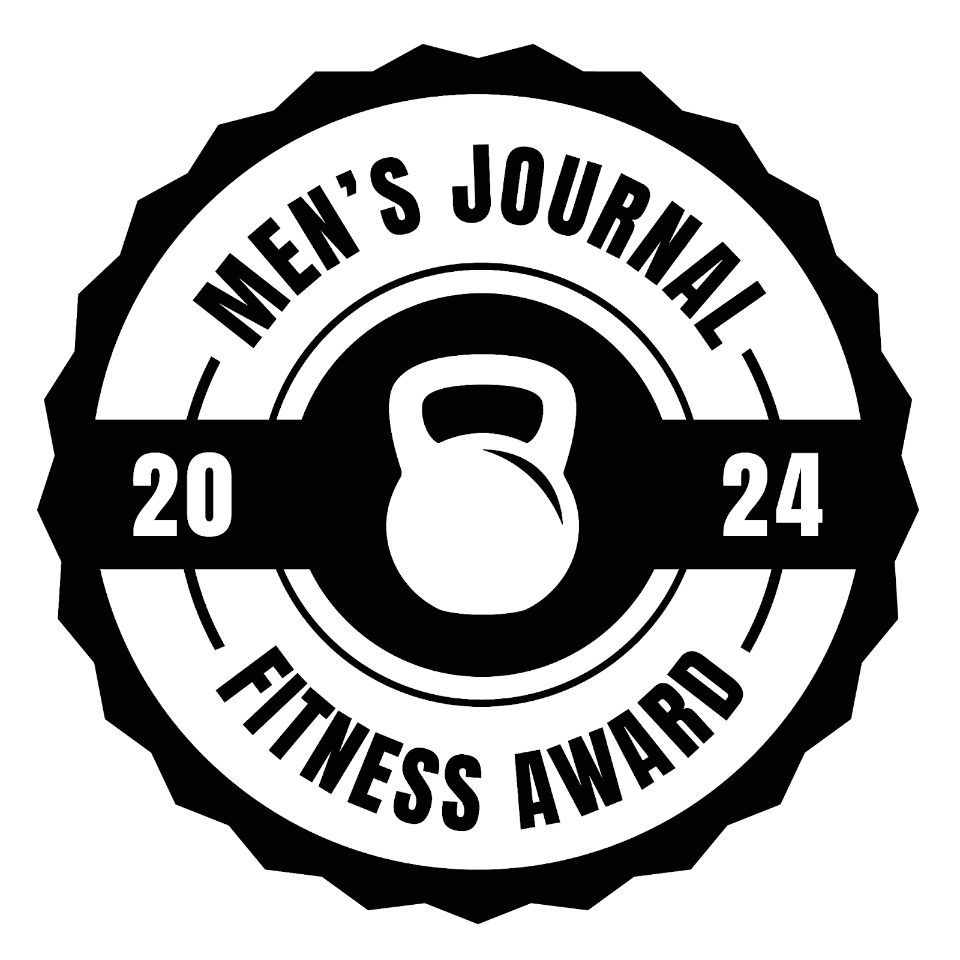If you ever felt your heart skip a beat or an irregular pounding in your chest you may have experienced heart palpitations. Heart palpitations are quite common and will probably be felt by most people on occasion during their day-to-day lives. Maintaining good hydration levels can be a huge factor in preventing high blood pressure or a fast heart rate, both of which can lead to more serious health risks and heart problems down the line.
What Are Heart Palpitations?
Heart Palpitations are the feelings of a too fast or non-rhythmic heartbeat. When you experience a heart palpitation you may feel like your heart is fluttering, skipping, or pounding in your chest or neck. Though generally short-lived and infrequent, they can be more dangerous if you already have a medical history of heart disease.
If your symptoms include fainting, dizziness, or discomfort or these palpitations last longer than a few seconds, you should consider seeking medical attention or consulting your physician. These signs could indicate risk for more serious medical conditions that can lead to risk of heart attack or heart failure down the line.
What Causes Heart Palpitations
There are many reasons you may experience heart palpitations in your daily life. These irregular heartbeats could be affected by what you consume, what type of activities you are doing, or could just be caused by random chance. Whatever the reason, understanding good preventative measures against these uncomfortable conditions can be the best way to combat them in the long term.
Caffeine
Caffeine found in drinks like coffee, tea, or sports drinks can cause heart palpitations. Caffeine as a stimulant, increases your heart rate and blood pressure, occasionally leading to symptoms including dizziness, heat flashes, and temporary irregular heartbeat. These symptoms are actually less common for people who drink daily or larger amounts of caffeine. The fewer coffees or energy drinks you have, the more you are likely to strongly experience their effects. If you do not drink caffeine often but are in need of a pick-me-up, opting for a tea or small coffee with less caffeine can combat any negative effects you might feel with a stronger drink.
Alcohol
Drinking alcohol in large amounts can greatly contribute to multiple health issues including an irregular heart rhythm. Consistent alcohol abuse can damage the cells in your body and in copious amounts can lead to small amounts of fibrous tissue within the heart. Another consequence of heavier drinking is dehydration or sickness. This loss of fluid is most likely tied to alcohol-related illnesses like vomiting or sweating. This elimination leads to a depletion of electrolytes, water, and other essential nutrients in the body which can similarly cause irregular heart issues.
Nicotine
Nicotine can lead to multiple medical issues, especially in relation to lung and heart health. Nicotine both raises your blood pressure and increases your heart rate, both of which can lead to dizziness, heart palpitations, and fainting in severe cases. Limiting your nicotine intake is one sure way to lower your risk for more extreme irregular heart rhythms and heart disease.
Obesity
Obesity can lead to many medical problems, especially in relation to heart health. Being excessively overweight can put pressure on most of your bodily functions and can in extremes lower your ability to exercise or seek medical attention. Heart palpitations in obese persons could be a symptom of issues like atrial fibrillation or high blood pressure, making it all the more important to seek healthy weight loss or weight maintenance.
Exercise
Strenuous exercise especially in combination with high heat makes your heart work harder, leading to dehydration, elevated heart rate, and heart palpitations. These symptoms can be exacerbated if you are not taking broker precautions during exercise like avoiding especially hot temperatures, taking short breaks, and replacing fluids lost through sweat with proper hydration.
Heart Palpitation Prevention
Although heart palpitations cannot always be avoided, there are a few different ways you can reduce your chances of experiencing them. Avoiding stimulants like coffee energy drinks, or specific medications can help you avoid uncomfortable symptoms. Another great way to take a step towards preventing heart palpitations is by maintaining regular physician visits.
No matter what you change in your lifestyle or diet to avoid heart-related medical problems, the best route to take if you are experiencing continuous symptoms is to seek professional advice. Consulting with a physician can open the door for more serious preventative care like echocardiograms, blood tests, and chest X-rays. Seek professional advice before serious changes in diet or exercise routine in order to tailor your preventative care towards your lifestyle.
How To Treat Heart Palpitations
Avoiding the triggers previously mentioned can be a great way to treat or prevent heart palpitations on your own. These cannot always be avoided however. One of the best steps you can take to prevent heart palpitations or more serious heart disease comes through choosing to maintain a balanced diet.
Consuming large amounts of foods with higher cholesterol or low nutritional value can increase your risk of health issues like high blood pressure or heart disease. Supplementing in food and drink that is high in vitamins and minerals can be a great and tasty way to lower your risk of these symptoms.
Maintain Optimal Hydration with DripDrop & Save 25%
Dehydration and low electrolyte levels can lead to discomfort and health problems like high blood pressure, irregular heart rhythms, and heart disease. Maintaining a balanced diet of nutrient-rich foods and drinking water throughout the day can be a great way to reduce these risks while maintaining your body's proper function.
DropDrop is a great option for people seeking a powerful electrolyte boost on the go. These vitamin-filled rehydration solutions have over fifty years of medically tested history as both emergency and day-to-day hydrators. Their multi-flavor pouches contain three times the electrolytes and half the sugar of a traditional sports drink with powerful amounts of vitamin C, zinc, and magnesium.
Additionally, for those looking for dehydration relief without the sugar, DripDrop offers DripDrop Zero, a zero sugar option.
It's never too soon to start working toward better heart health. Stay hydrated with DripDrop and subscribe to save 25% today.














